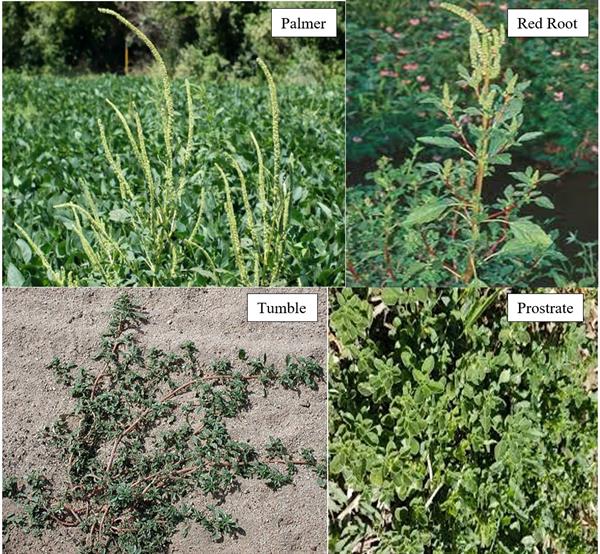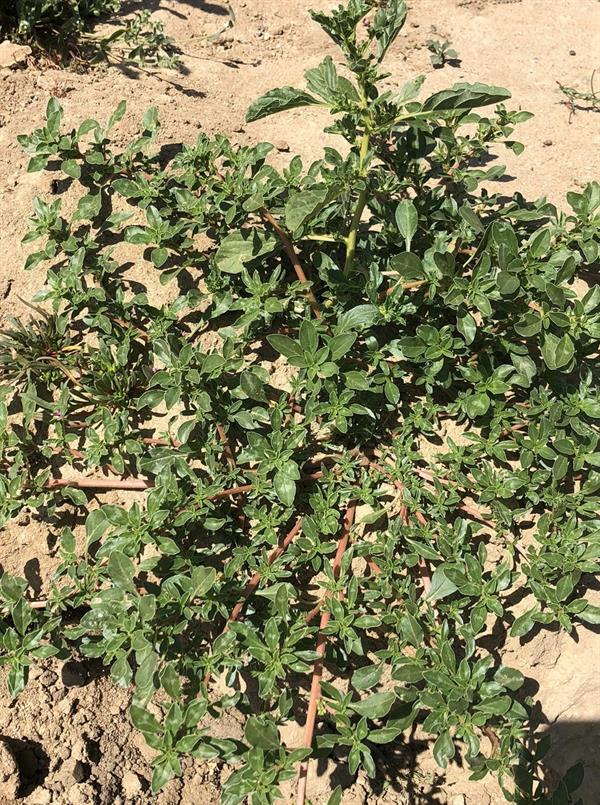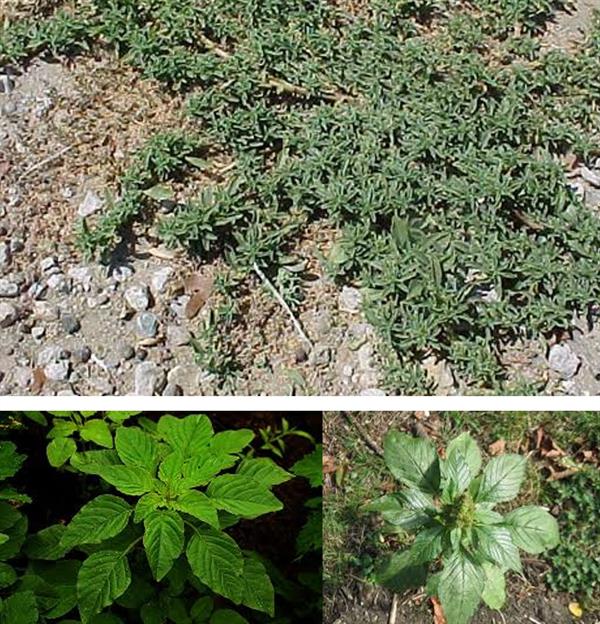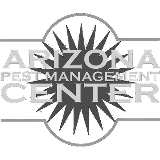-
Apr 4, 2018Leafminer Management on Spring Melons 2018With spring melon production well under way, PCAs should be on the lookout for Liriomyza leafminers on cantaloupes, honeydews and watermelons. Recent sticky trap catches from our area-wide monitoring network showed last that leafminer adults are becoming quite active and beginning to seek hosts, in various locations through the area where melons are being grown. In these trap locations, both Liromyza sativae and L. trifolii were found on traps. This is important because L. trifolii is typically more difficult to control with insecticides. Furthermore, the 10 day forecast calls for temperatures in the high 90’s which are ideal for leafminer larval development. Leafminers can cause significant economic damage to melon plants, particularly on later planted spring melons. Mining of leaves by the larvae can cause direct injury to seedling plants by removing chlorophyl and reducing the plants photosynthetic capacity. Mines and feeding punctures can also produce an entrance for pathogenic organisms. In severe infestations, leafmining may cause plant death, particularly to seedlings or transplant watermelons. During May and June, excessive leaf mining on older plants can cause leaves to dessicate and defoliate, resulting in sun burning of fruit and reduction in yield and quality. Damage to mature plants can occur when attempting to hold the crop longer for extended harvests. The good news is that a number of insecticide products are available that can effectively control both leafminer species. Our research has shown that the most effective products are those that work via translaminar activity and can penetrate the leaf surface where they contact or are ingested by the developing larvae. These include Radiant (5-7 oz/ac), Coragen (5-7 oz/ac), Besiege (8-9 oz/ac), Exirel (15-20 oz/ac), Agri-Mek SC (3.5 oz) and Minecto Pro at 10 oz. These compounds can effectively kill newly emerged larvae in the leaf mines before they cause significant damage. Because these products are selective, they have minimal impact on beneficial parasitic wasps that can be important in naturally suppressing leafminer populations. It is recommended that a penetrating adjuvant (e.g., MSO or MSO/Silicone blend) be added to these products to enhance translaminar movement of the product. For more information on leafminer biology and management please go to Leafminer Management on Desert Melons.
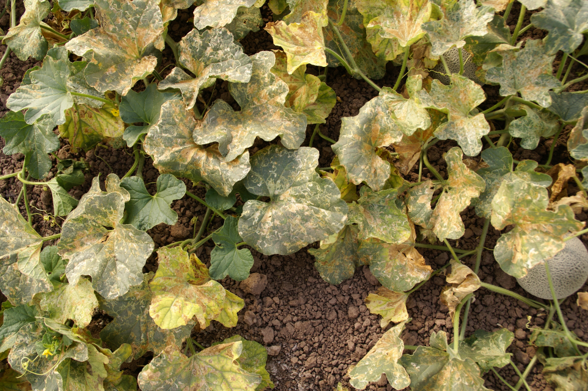
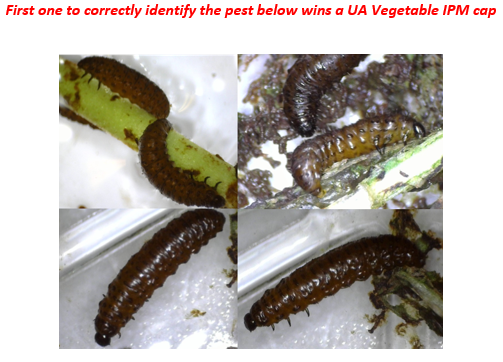 To contact John Palumbo go to: jpalumbo@ag.Arizona.edu
To contact John Palumbo go to: jpalumbo@ag.Arizona.edu




